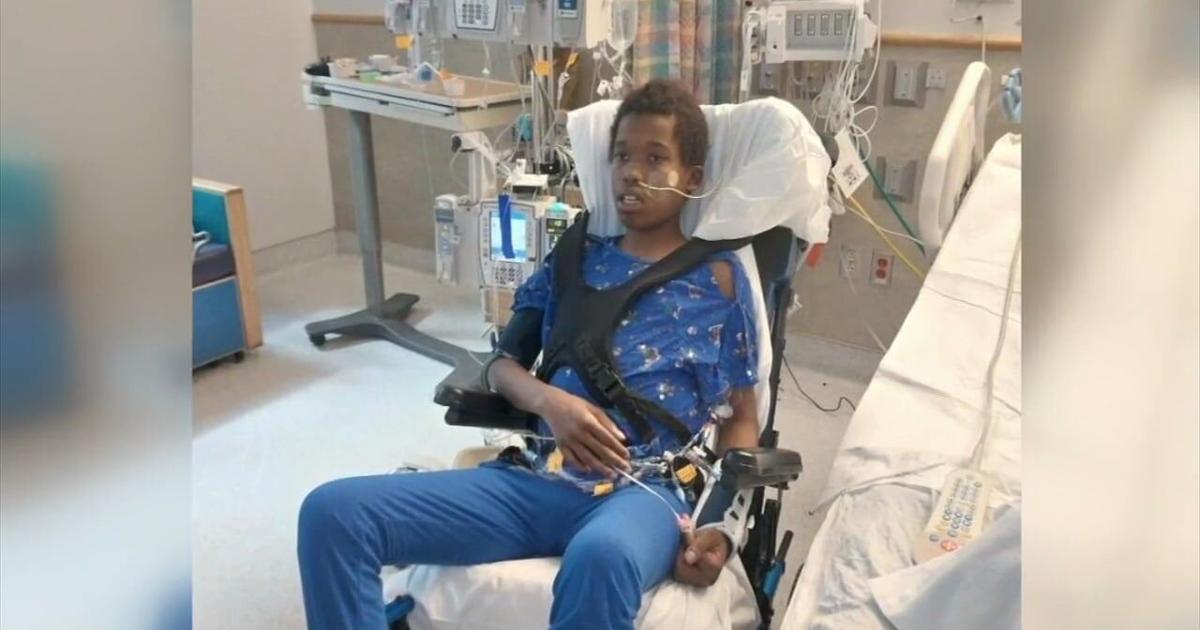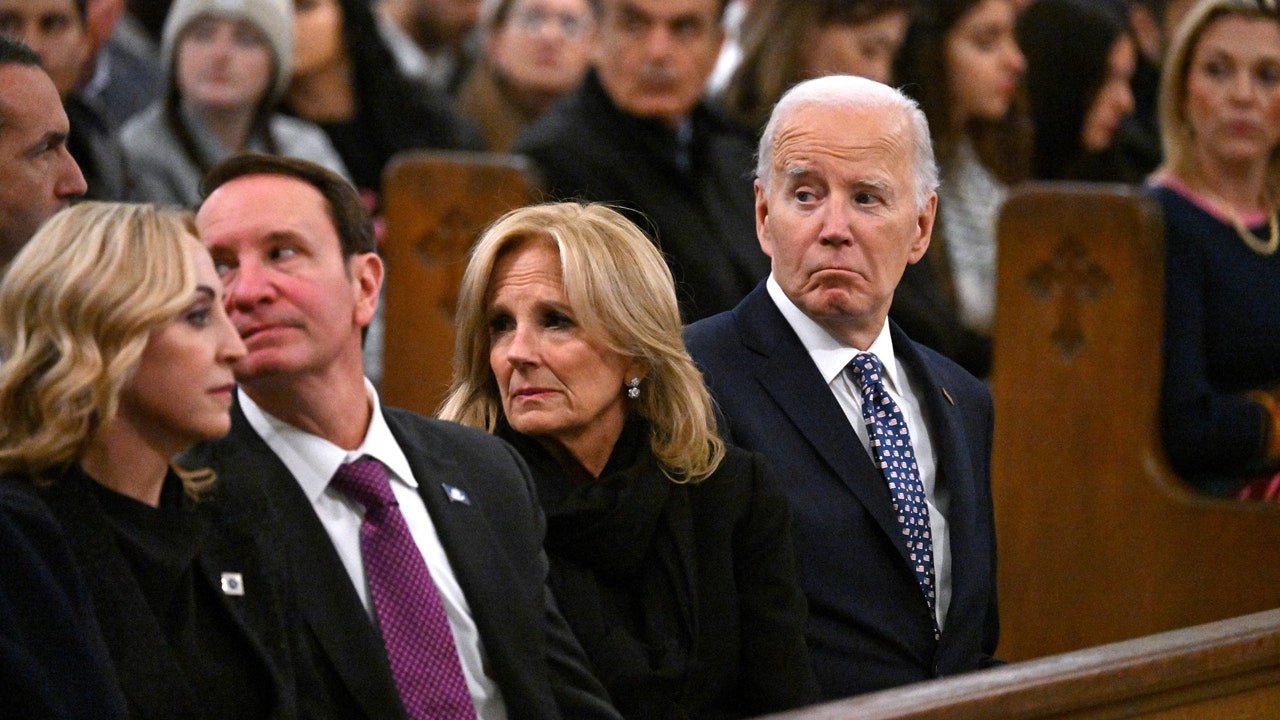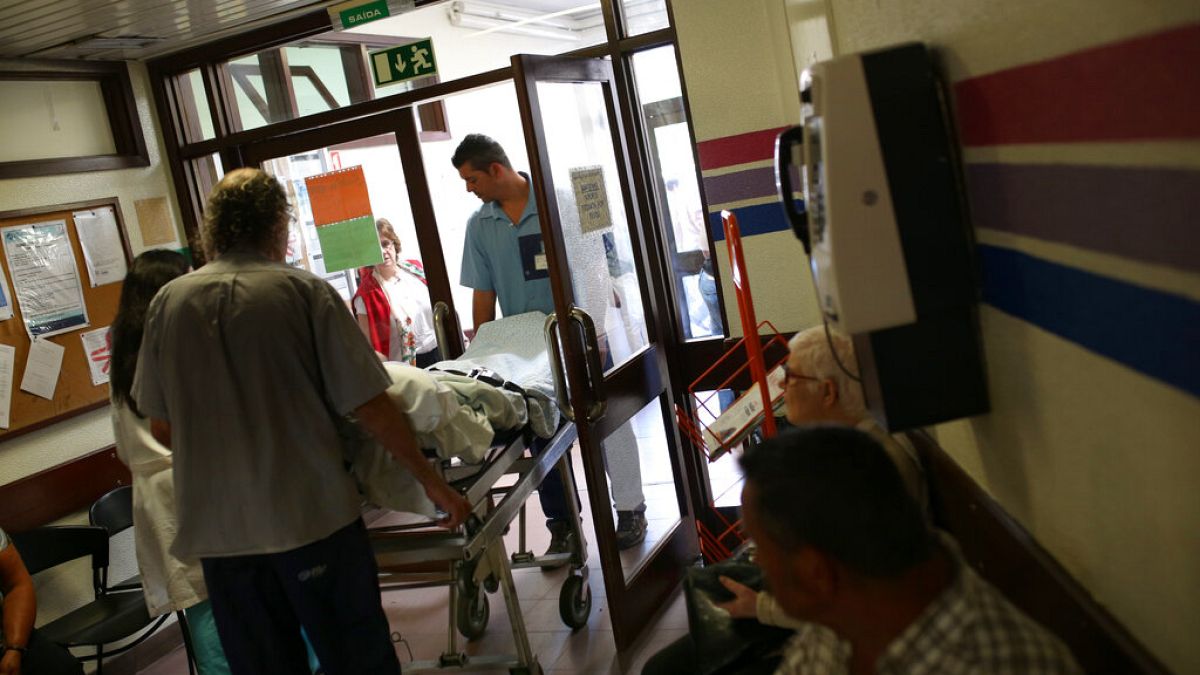PHILADELPHIA – An Allentown boy is currently fighting for his life.
Larry Odom Jr. is now on the waiting list for a heart transplant, but for several months it looked like he wouldn’t even be considered. For the past 16 years, Larry has been getting by with half a heart.
“When I gave birth to him, they said that he had Left Heart Hyperplastic Syndrome. That’s when the left side doesn’t grow and it affects his lungs,” said Larry’s mother, Natacha Rodriguez.
We met Rodriguez outside the busy Children’s Hospital of Philadelphia. It’s a place she and Larry have been calling home for the past three months, because Larry’s heart is starting to fail.
“They said, for 16 years, it basically gave up on him,” said Rodriguez.
Larry needs a heart transplant, and his mother applied for him to get one in September, but on Sept. 21 she got some devastating news. A letter from the hospital read, in part, “Larry is not currently a candidate for heart transplantation on the basis of concerns that Larry does not have adequate support structures in place to safely care for him after transplant.”
“When I got that denial letter I, I felt like I died. I felt like I couldn’t help him,” said Rodriguez.
Rodriguez said, after receiving the letter, she got desperate.
“Me and him have the same blood type, so I figured why not? But they wouldn’t, they wouldn’t take my heart,” said Rodriguez.
Instead, she created a GoFundMe for her son, which has already raised $2,000.
We reached out to the hospital for a comment about Larry’s case on Oct. 24, but it declined our request. It did send Rodriguez a follow up letter, however, on Oct. 27, clarifying what “support structures” means, saying “A reliable transportation plan will be necessary to ensure Natacha is able to get back and forth to the hospital.”
We reached out a doctor who has been studying this criteria of “support structures” for years. She said these denial letters aren’t unusual.
“The best estimates that we have are from a national survey that was conducted about eight years ago that suggests that between 10 and 20 percent of patients are ruled out,” said Dr. Keren Ladin, an Associate Professor at Tufts University.
Dr. Ladin said her research has led her to recommend hospitals stop using “support structures” as an exclusion criteria.
“What we found is that the requirements at transplant centers are not evidence-based, and they’re very, very high, and they do disproportionately disadvantage people of color, people who are lower income,” said Dr. Ladin.
People like Rodriguez, a single-mother who works as a home health aid. Worst of all, Dr. Ladin said “support structures” may not even tell us who will do the best following a transplant.
“It’s not predictive of outcomes like rejection, or hospitalization, or graph loss, and those are the outcomes we kind of care most about,” said Dr. Ladin.
Thankfully, on Nov. 17, Rodriguez received a letter finally admitting her son to the transplant waiting list. His fight is far from over, but Natacha said she’ll be there for all of it.
“My plan is to be with my son until he gets his heart. Like I’m not going to give up on him,” said Rodriguez.



























/cdn.vox-cdn.com/uploads/chorus_asset/file/24982514/Quest_3_dock.jpg)





